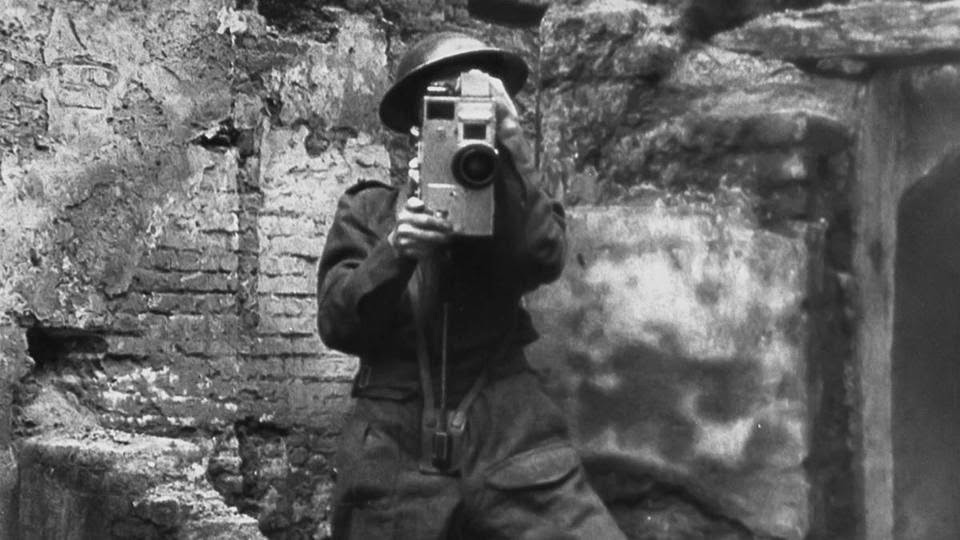Book Talk at Wistariahurst Museum on Derry City
The lovely people at Wistariahurst invited me to talk about Derry City and people got to jump in and ask questions, which was really fun. The talk is a little different, though obvs the themes are the same! Let me know what you think! To learn more about my book, Derry City , click here . For a 40% off coupon and free shipping, enter (type, don't copy and paste) the promo code 14AHA22 . This offer is good for both print and ebooks, but it is only available through January 31st, 2022 .














